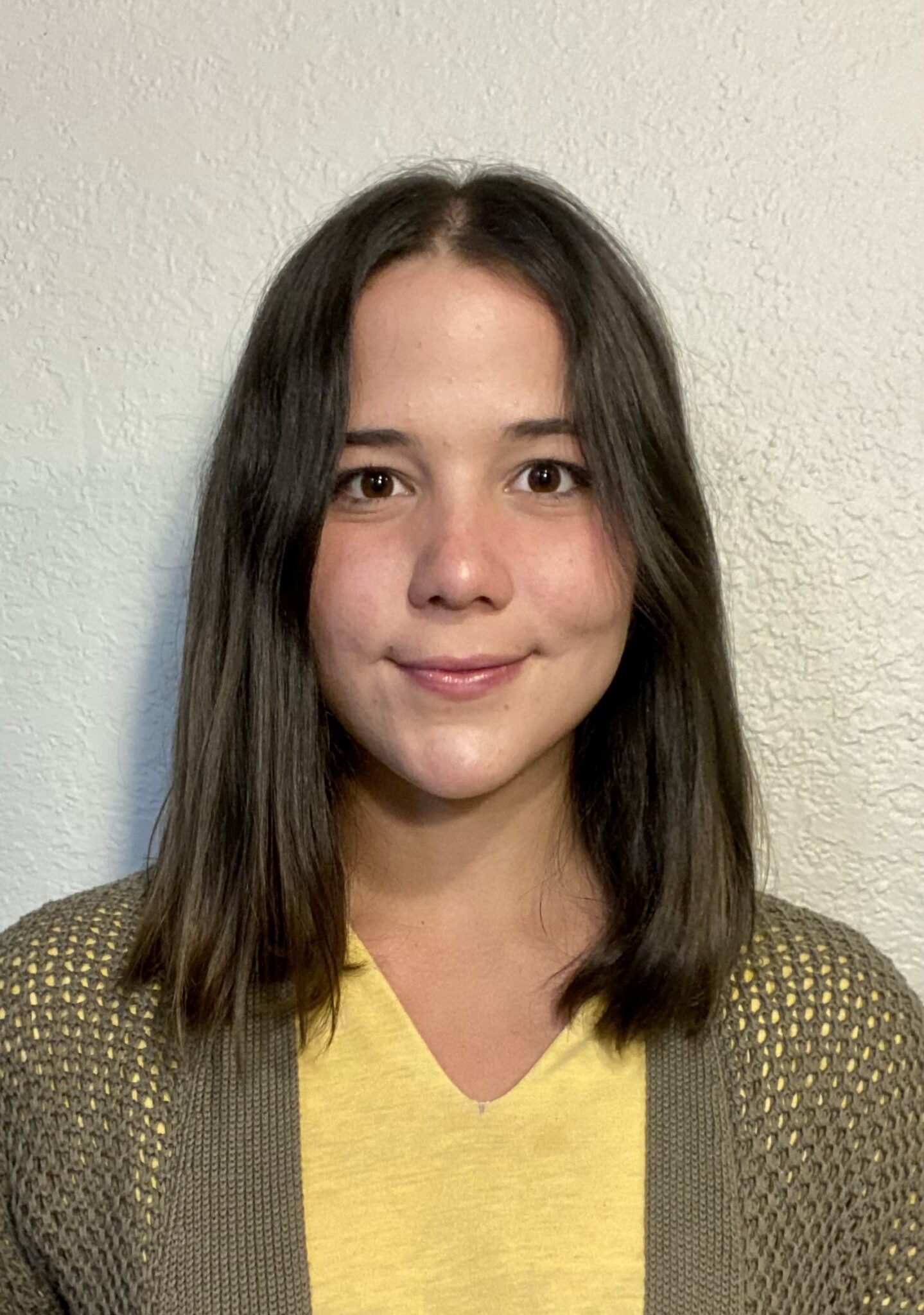An interview with Gabriela T. Acevedo: Advancing Digital Biomarkers for Parkinson’s Disease
Biography
I was born and raised in Venezuela and later moved to the U.S. for my studies. I earned my Bachelor’s degree in Biomedical Engineering at the Florida Institute of Technology, where I developed a strong interest in neuroscience. I am now pursuing my Ph.D. at the University of Florida, focusing on video-based methods and computational tools to quantify motor symptoms in Parkinson’s disease for more accessible and objective research and care.
What is your passion and how did you get involved in Parkinson’s awareness and hope for a cure?
My passion lies in bridging engineering and neuroscience to improve how we monitor and treat neurological disorders. During my graduate training, I started collaborating with clinicians and people with Parkinson’s. Seeing the daily challenges, they face, and the limitations of current assessment methods, motivated me to focus my work on creating tools that could make a meaningful difference in both research and clinical practice.
What type of goals does individuals with Parkinson’s have when working with you?
In my case, individuals with Parkinson’s are not working with me in a rehabilitation setting, but rather by participating in research studies. Their goals often focus on advancing scientific knowledge and contributing to research that can improve our understanding of the disease and guide future therapies.
What effect can your Advocacy have on an individual with Parkinson’s?
Our research aims to develop more sensitive and objective ways of measuring motor symptoms. This could enable earlier detection of changes, more accurate tracking of progression, and better-tailored treatments, while also making clinical trials more efficient. These methods may also expand telehealth by allowing remote assessments that reduce travel burdens and improve access to specialized care.
What would you like to see as a future goal for your Advocacy?
A future goal is to see digital measures, like the ones we are developing, validated and integrated into clinical practice as standard tools. My hope is that these methods will allow for remote, accessible, and precise monitoring of Parkinson’s disease symptoms, reducing the burden on both patients and clinicians. Equally important, I want my research to stay relevant to patients’ real needs, which means actively seeking their input and ensuring that their perspectives guide the development of these tools.
How can someone get in touch? What is your website?
My email g.acevedo@ufl.edu or linkedIn https://www.linkedin.com/in/gabrielaacevedot/
In your opinion what is the key to effective advocacy?
From my perspective as a researcher, effective advocacy comes from collaboration, bringing together patients, caregivers, clinicians, and scientists. Each group provides unique insight, and progress depends on listening to and integrating all perspectives.
Why should people who don’t have Parkinson’s care about this?
Because neurodegenerative diseases affect not only those diagnosed but also their families, caregivers, and healthcare systems as a whole. Moreover, developing better tools and treatments for Parkinson’s can inform approaches to other neurological disorders, advancing the field more broadly.
If you had one final statement or quote you could leave for the Parkinson’s community, what would it be?
Every data point, every study, and every contribution from the community brings us one step closer to making care more precise and effective. Progress is built together, and the voice of the Parkinson’s community is central to that journey.
_______________________________________________
TogetherForSharon® In memory of my mother, Sharon to voice awareness & hope for a Parkinson’s Disease cure. Sharon’s Son, George
Support https://www.togetherforsharon.com/shop/

